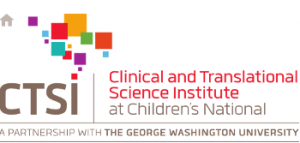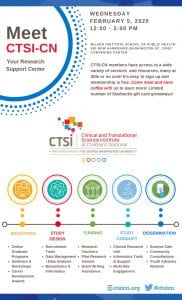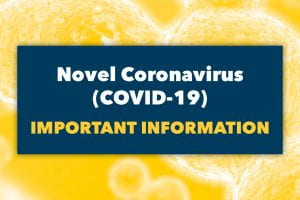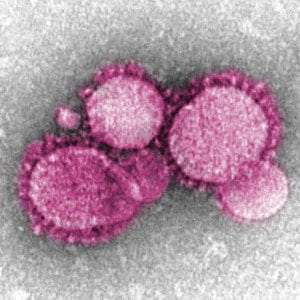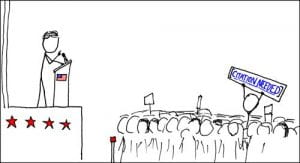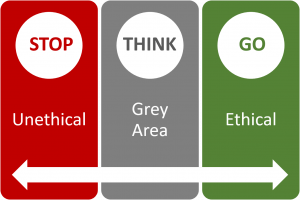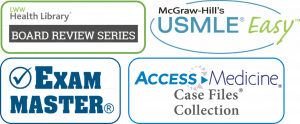Did you know that you can borrow books from Georgetown, Howard, and other DC university libraries and have them delivered to you at Himmelfarb?
What is it? To put it simply, the WRLC is an agreement between libraries in the Washington D.C area that allows us to share materials between other libraries within the vicinity. Thanks to the WRLC courier system, we generally receive books within 2-4 business days from the time that the request was made, (if materials are available at the requested library) and more often than not, Consortium Loan Service (CLS) books come with a generous check out period. This option is a great way to save some money and time compared to common hassles of standard shipping.
If you would like to place a Consortium Loan Service (CLS) request, make sure to follow these steps:
- Use the Health Information @ Himmelfarb search box on Himmelfarb's homepage to locate a book. Remember to switch the search to Articles + GW and Consortium Libraries.
- Sign in using your GW NetID and password, then click on Consortium Loan Service Request (2-3 Day Delivery) under "How to get it".
- Select George Washington University Himmelfarb Health Sciences Library, or select a different location, if preferred. When your book arrives, you will be notified via email to come and pick up your request.
As always, if you are looking for a medical article, monograph, or if the book you are looking for isn't available via the Consortium, feel free to check out our Interlibrary Loan (ILL) and Document Delivery Services. Himmelfarb users can also make requests through Documents2Go by using their GW NetID and password to log in.
If you have any questions about Interlibrary Loan (ILL) and Document Delivery Services or Documents2Go, please contact mlbdoc@gwu.edu. If you have any questions about Consortium Loan Service requests, please contact our Acquisitions and Resource Sharing Librarian, Ian Roberts at imroberts@email.gwu.edu.


